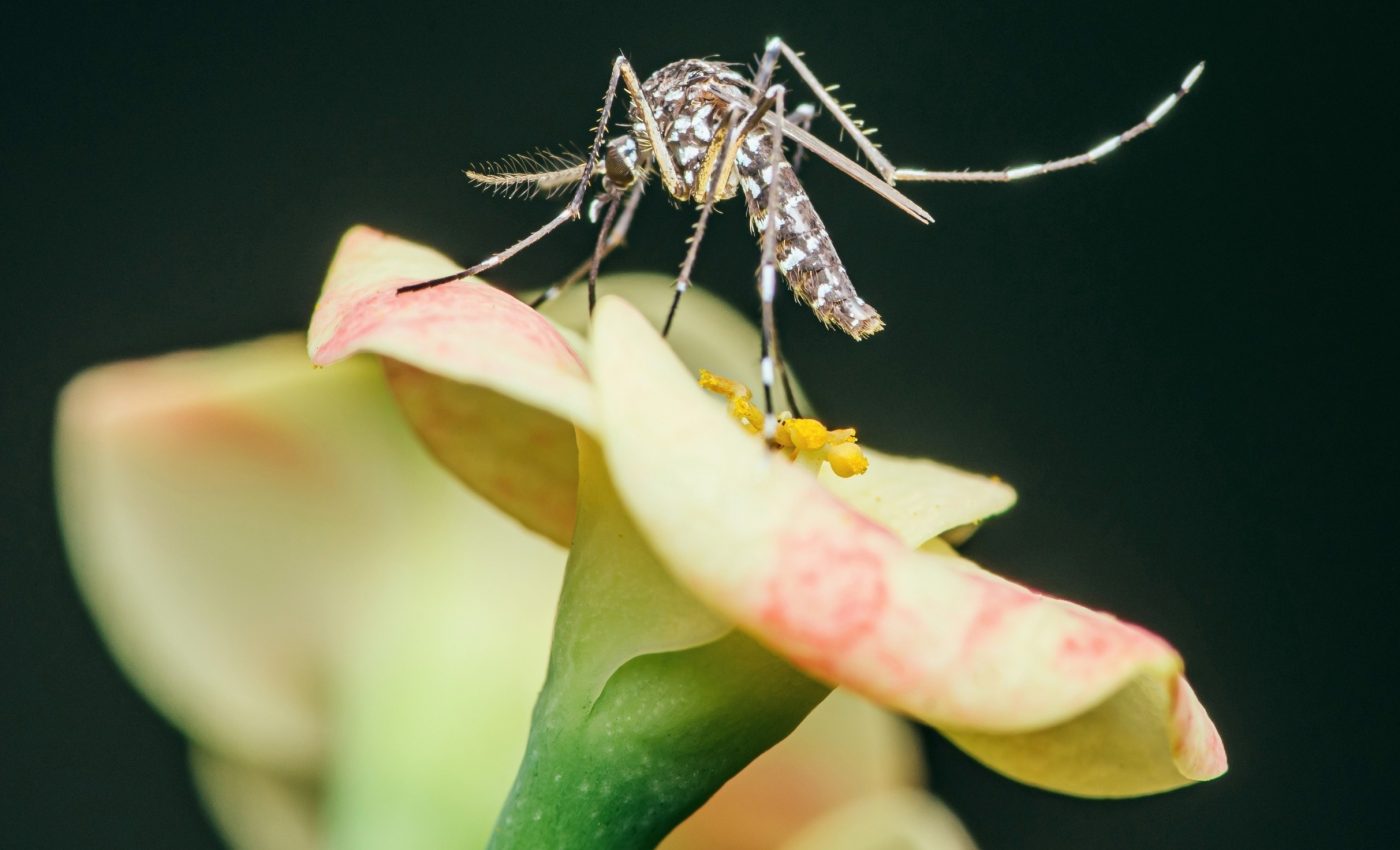
Fungus that smells like flowers could help wipe out mosquitoes
Each year, mosquito-borne diseases claim hundreds of thousands of lives. While scientists have long relied on chemical pesticides to fight back, these methods are losing power as mosquitoes evolve resistance.
Now, researchers have turned to an unexpected partner in this fight: a flower-scented fungus.
Fungus scent attracts mosquitoes
An international research team has engineered a strain of Metarhizium fungus that emits a floral fragrance to lure mosquitoes.
The fungus releases a compound called longifolene, known for its pleasant aroma and safety for humans. Once the insects approach the scent, they become infected and die within days.
“Mosquitoes need flowers because they provide nectar, a crucial source of food for them, and they are drawn to flowers through their scents,” explained Raymond St. Leger, professor of entomology at the University of Maryland.
“After observing that some types of fungi could trick mosquitoes into thinking they were flowers, we realized we could turbo-charge the attraction by engineering fungi to produce more longifolene, a sweet-smelling compound that’s already very common in nature.”
Professor St. Leger noted that before this study, longifolene wasn’t known to attract mosquitoes. “We’re letting nature give us a hint to tell us what works against mosquitoes.”
Fungus safely controls mosquitoes
The fungus is easy to use and safe for humans. Users only need to place spores in a container. Longifolene then gradually releases, maintaining strength for months.
Even in tests filled with human and floral scents, the fungus killed 90 to 100 percent of mosquitoes.
“The fungus is completely harmless to humans as longifolene is already commonly used in perfumes and has a long safety record,” said Professor St. Leger.
“This makes it much safer than many chemical pesticides. We’ve also designed the fungus and its containers to target mosquitoes specifically rather than any other insects and longifolene breaks down naturally in the environment.”
The researchers believe this simple technology could empower local communities.
Villagers, farmers, and city residents alike could deploy these fungal traps without specialized training, creating a sustainable, long-term defense that complements other mosquito control strategies.
A fungus that’s hard to resist
Unlike chemical sprays, this biological method is nearly impossible for mosquitoes to resist.
Professor St. Leger said that if mosquitoes evolve to ignore longifolene, they would lose their ability to find flowers.
“But they need flowers as a food source to survive, so it would be very interesting to see how they could possibly avoid the fungus yet still be attracted to the flowers they need,” he explained.
“It’ll be very difficult for them to overcome that hurdle, and we have the option of engineering the fungus to produce additional floral odors if they evolve to specifically avoid longifolene.”
Affordable and scalable strategy
Producing the fungus is both practical and cheap. It grows easily on materials like rice husks, chicken droppings, and wheat scraps.
This makes it a potential lifesaver in poorer regions where mosquito-borne illnesses such as malaria and dengue are widespread.
The low cost and accessibility could allow widespread use across remote villages and urban areas alike, bringing protection to millions.
Finding options to save lives
Climate change is pushing mosquitoes into new territories, increasing disease risks.
“Mosquitoes love many of the ways we are changing our world. Right now, we’re hoping to use these approaches in Africa, Asia and South America. But one day, we may need them for ourselves,” noted St. Leger.
“It’s not as if you’re going to necessarily find a silver bullet to control mosquitoes everywhere, but we’re trying to develop a very diverse and flexible set of tools that people in different parts of the world can use and choose from.”
With a simple scent and a bit of ingenuity, this fragrant fungus could help turn nature’s beauty into a powerful defense against deadly mosquitoes. The research team is now conducting larger outdoor trials for regulatory approval.
“Different people will find different approaches work best for their particular situation and the particular mosquitoes they’re dealing with. In the end, our goal is to give people as many options as possible to save lives,” concluded Professor St. Leger.
The study is published in the journal Nature Microbiology.
—–
Like what you read? Subscribe to our newsletter for engaging articles, exclusive content, and the latest updates.
Check us out on EarthSnap, a free app brought to you by Eric Ralls and Earth.com.
—–













